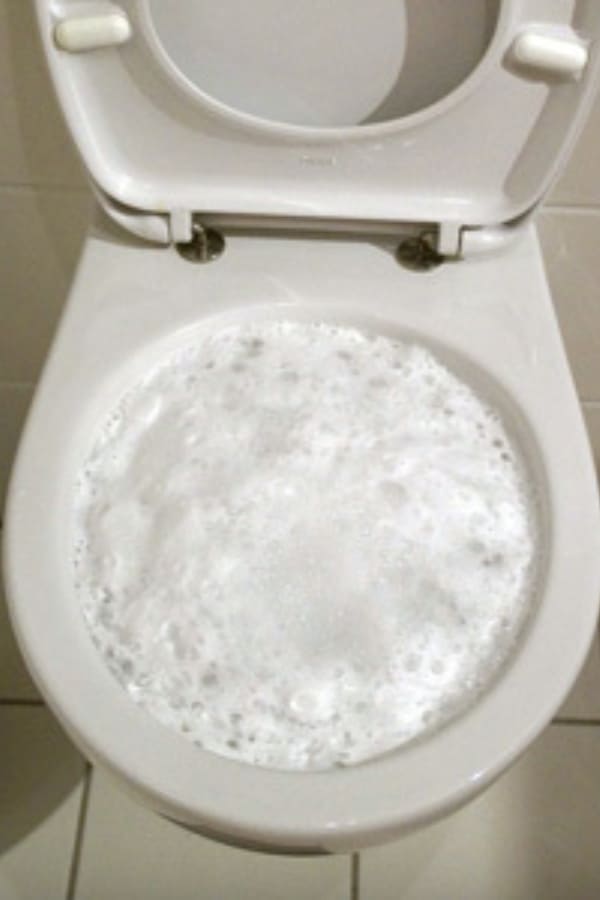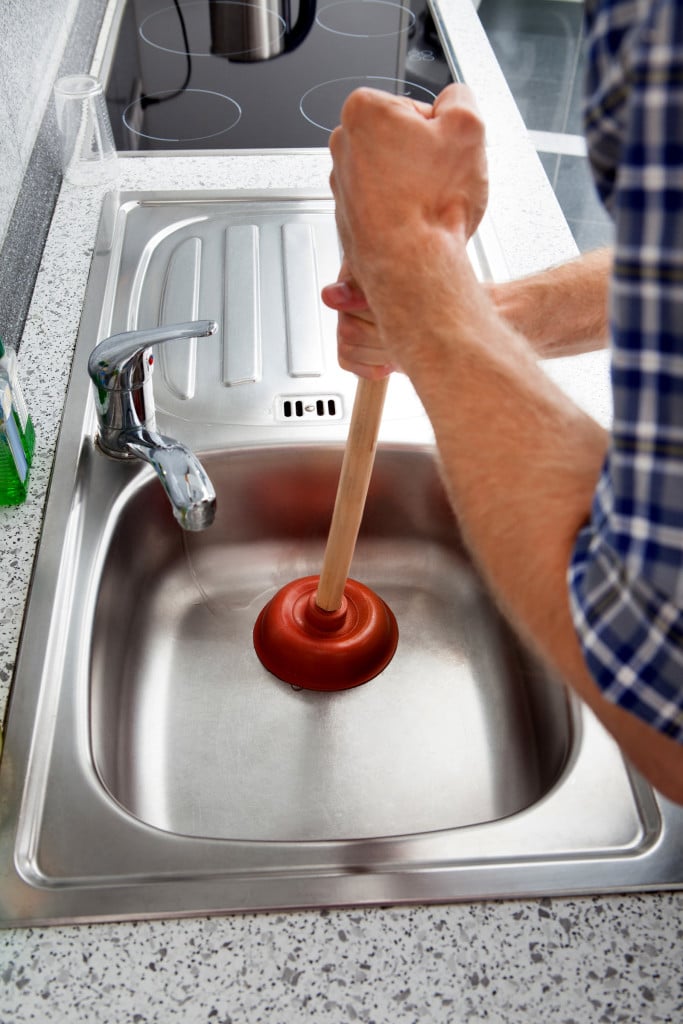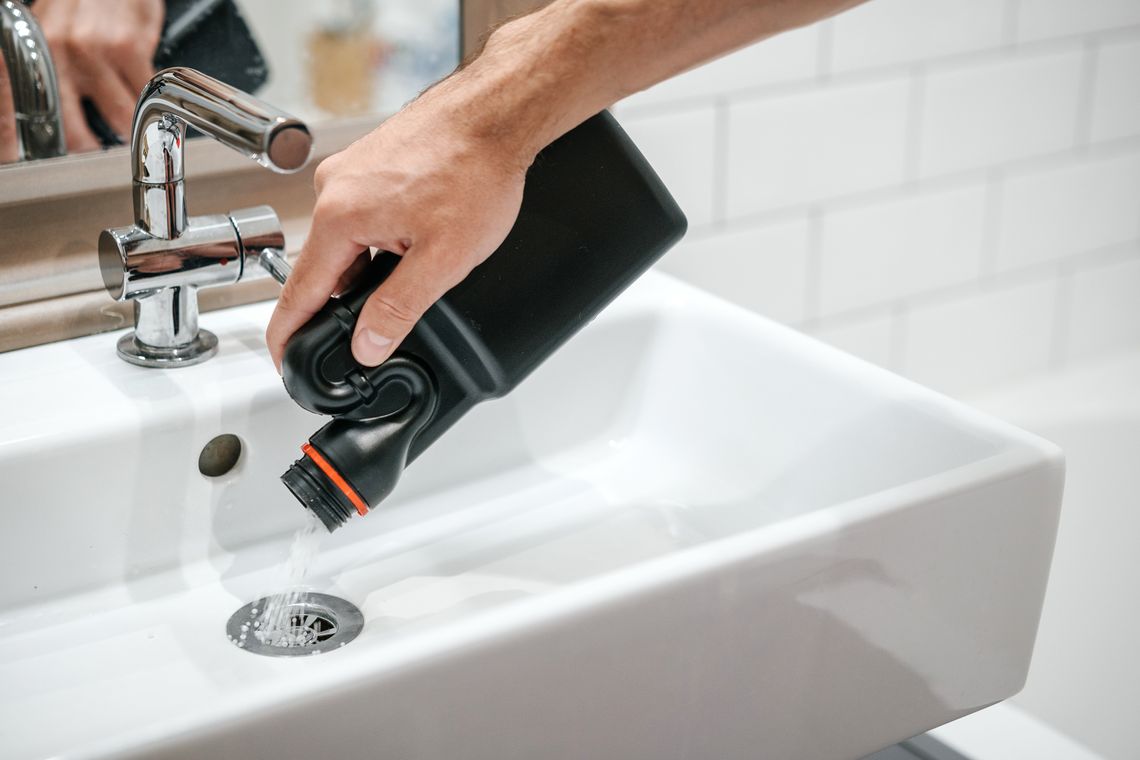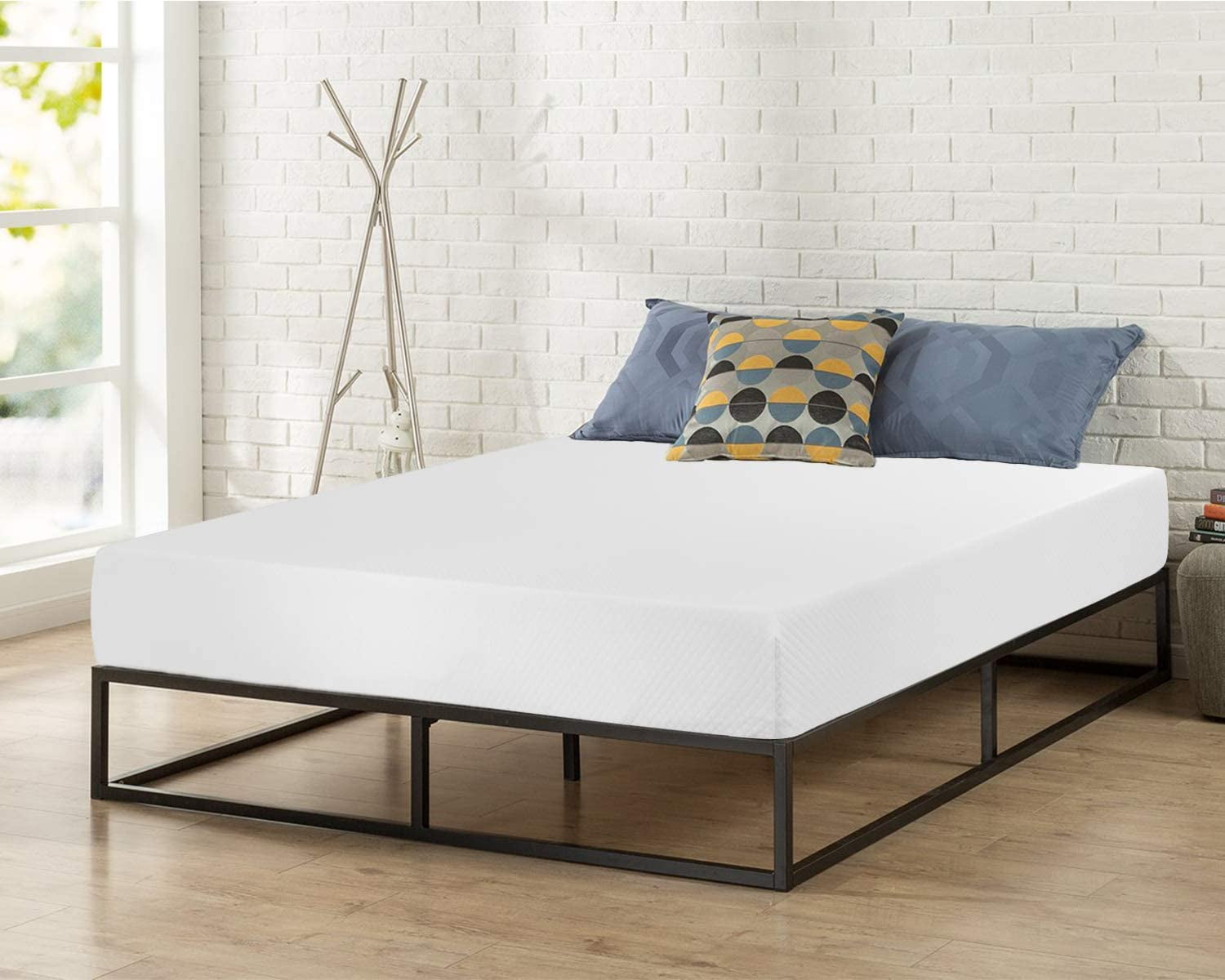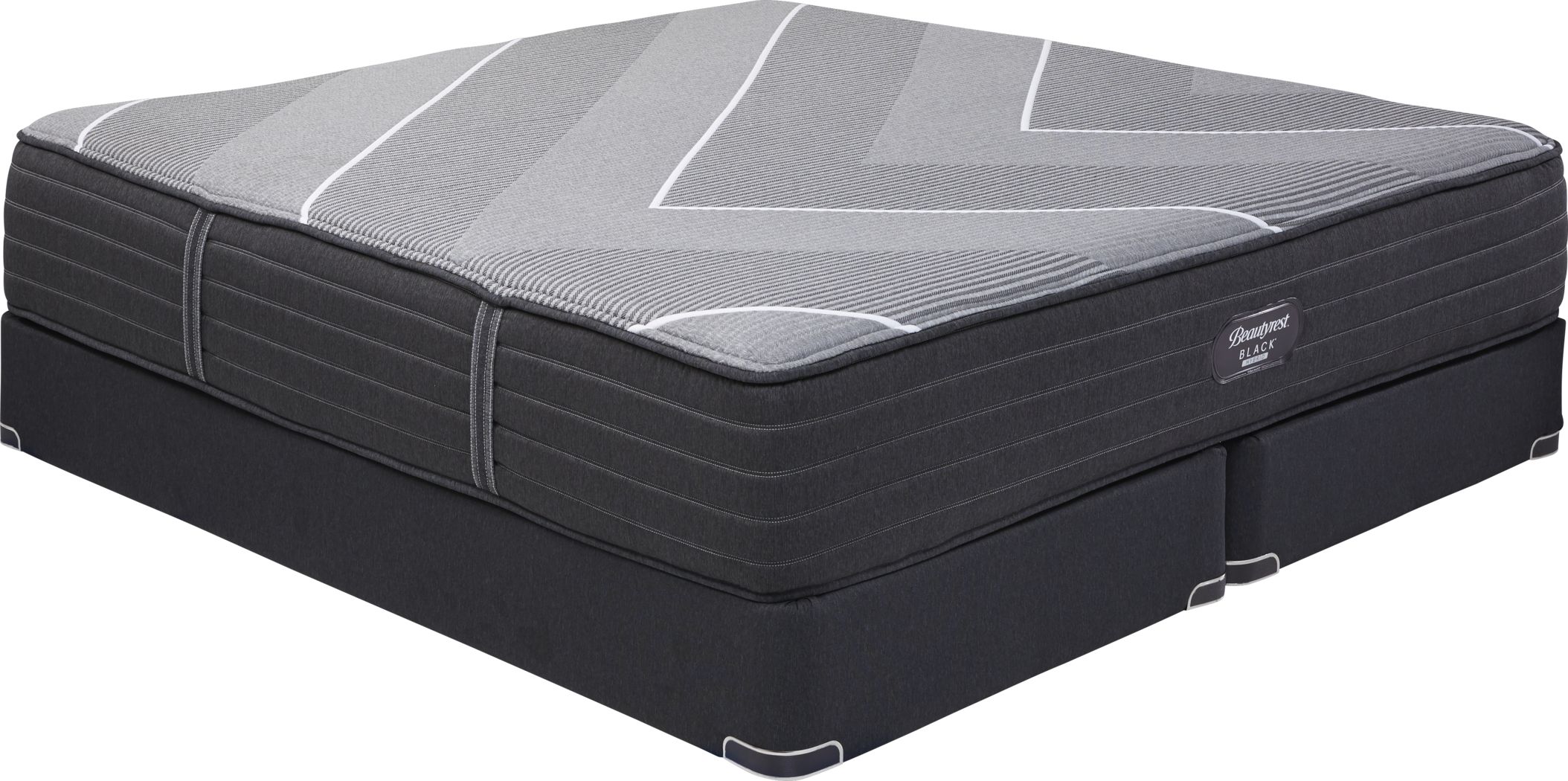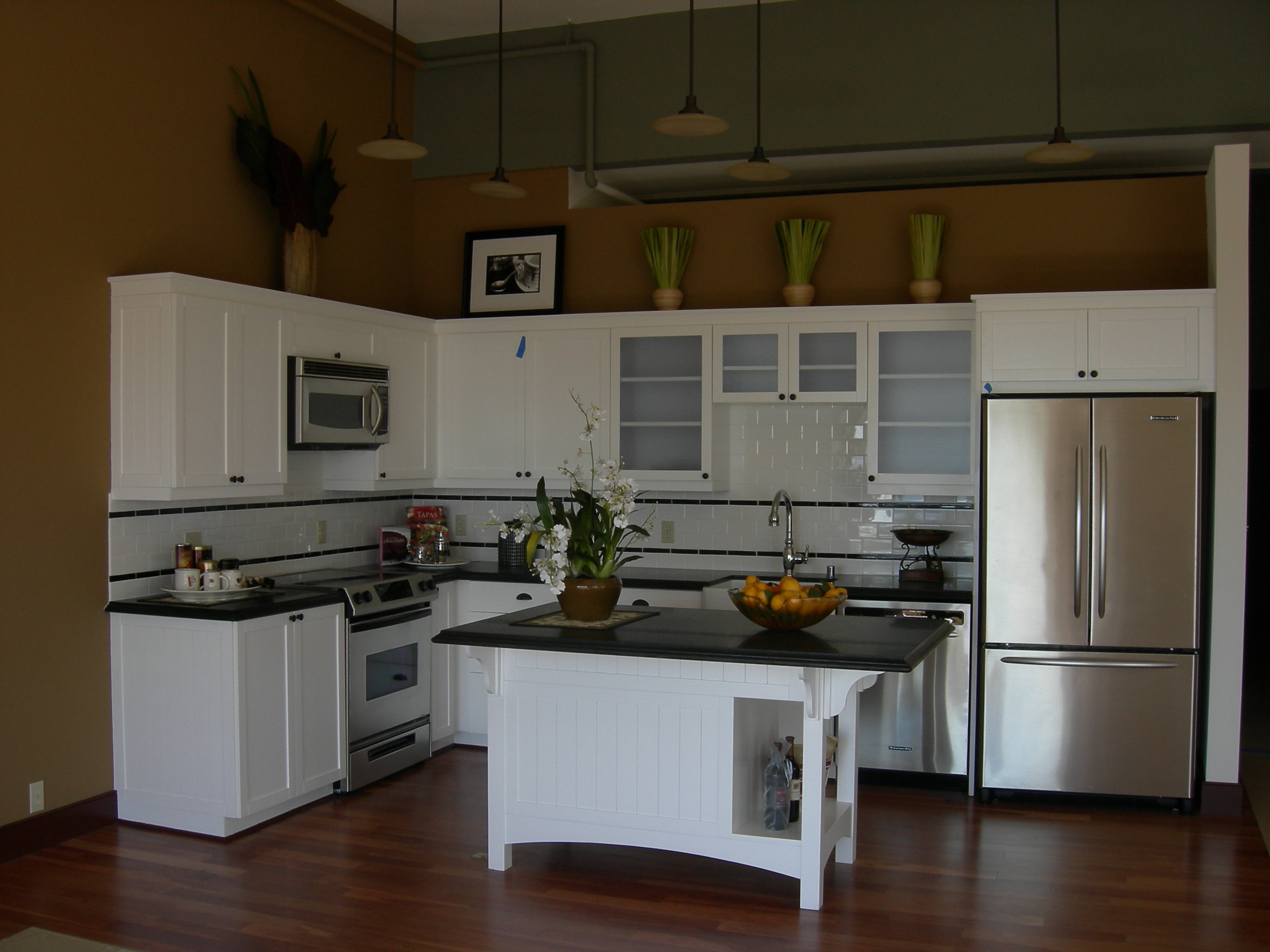If you've ever had to deal with a clogged kitchen sink, you know how frustrating it can be. Not being able to use your sink for washing dishes or cooking can put a major damper on your daily routine. Luckily, there are some simple and effective ways to unclog your kitchen sink and get things flowing smoothly again. Unclogging a Kitchen Sink
Before you reach for the phone to call a plumber, try these DIY methods for unclogging a kitchen sink. First, pour a pot of boiling water down the drain to see if that loosens up the clog. If that doesn't do the trick, try using a plunger. Make sure to block off any other openings in the sink, like the garbage disposal, with a wet cloth before plunging. If neither of these methods work, it's time to move on to a stronger solution.How to Unclog a Kitchen Sink
For tougher clogs, you may need to use a chemical drain cleaner. Look for a product specifically designed for kitchen sink clogs and follow the instructions carefully. These cleaners can be harsh, so make sure to wear gloves and protective eyewear. After pouring the cleaner down the drain, let it sit for the recommended amount of time before flushing it out with hot water. This should dissolve the clog and get your sink draining properly again.Kitchen Sink Clog Removal
If you prefer to use natural methods for unclogging your kitchen sink, there are a few options to try. One is a combination of baking soda and vinegar. Pour about half a cup of baking soda down the drain, followed by half a cup of vinegar. Let it sit for a few minutes, then pour hot water down the drain to flush it out. Another natural option is using a mixture of salt and hot water. This can help dissolve any grease or food buildup in the pipes.DIY Kitchen Sink Clog Fix
If you notice that your kitchen sink is draining slowly, it's important to take action before it becomes completely clogged. One way to clear out any debris or buildup is by using a plumbing snake. This long, flexible tool can be inserted into the drain and twisted to break up and remove any clogs. You can purchase a plumbing snake at most home improvement stores.Clearing a Clogged Kitchen Sink
To prevent future clogs in your kitchen sink, there are some simple steps you can take. First, make sure to use a sink strainer to catch any food or debris before it goes down the drain. Also, avoid pouring grease or oil down the drain, as it can solidify and cause clogs. Regularly pouring boiling water down the drain can also help keep it clear.Kitchen Sink Drain Clog Solutions
If your kitchen sink is completely backed up and not draining at all, it's important to take immediate action to avoid any potential water damage. First, turn off the water supply to your sink. Then, try using a plunger or a plumbing snake to remove the clog. If these methods don't work, it's time to call a professional plumber for assistance.Fixing a Backed Up Kitchen Sink
Preventing clogs in your kitchen sink is key to avoiding the hassle of dealing with them in the first place. In addition to using a sink strainer and avoiding pouring grease down the drain, there are a few other tips you can follow. Regularly cleaning your sink and garbage disposal can help keep them free from buildup. Also, avoid putting large quantities of food scraps down the disposal at once, as this can overload the system and lead to clogs.Kitchen Sink Clog Prevention Tips
A plunger is one of the most effective tools for unclogging a kitchen sink. Make sure to use a plunger specifically designed for sinks, as it will have a flat bottom instead of a rubber cup. Place the plunger over the drain and push down firmly, then pull up quickly. Repeat this motion several times until the clog is loosened and the water starts to drain. If the clog is still stubborn, try using a plumbing snake or a chemical drain cleaner.Using a Plunger to Unclog a Kitchen Sink
If you've tried all of the above methods and your kitchen sink is still clogged, it may be time to turn to a chemical drain cleaner. These cleaners are strong and can dissolve tough clogs, but they can also be harmful to your pipes and the environment. If you do use a chemical drain cleaner, make sure to follow the instructions carefully and use protective gear. If the clog persists, it's best to call a professional plumber for assistance.Chemical Drain Cleaners for Clogged Kitchen Sinks
The Troublesome Issue of a Clogged Kitchen Sink

Causes and Solutions
 A clogged kitchen sink is a common household problem that can be frustrating and disruptive to daily routines. It occurs when water is unable to flow freely down the drain due to a blockage, causing it to back up and fill the sink. This can be caused by a variety of reasons, such as food scraps, grease buildup, or foreign objects. Regardless of the cause, a clogged kitchen sink can be a major inconvenience that requires immediate attention. Here are some tips to help you understand the causes and find effective solutions for a clogged kitchen sink.
Food Scraps:
One of the main culprits for a clogged kitchen sink is food scraps that get washed down the drain. Over time, these scraps can accumulate and form a blockage, preventing water from draining properly. To prevent this, make sure to scrape off food scraps into the trash before washing dishes. For stubborn food particles, use a sink strainer or screen to catch them before they go down the drain. This will not only prevent clogs but also protect your pipes from damage.
Grease Buildup:
Pouring hot grease down the drain may seem like an easy way to get rid of it, but it can have serious consequences. As grease cools, it solidifies and can stick to the sides of your pipes, causing buildup over time. This buildup can trap other debris and create a clog. To avoid this, always dispose of grease in a separate container and throw it in the trash once it has solidified.
Foreign Objects:
Sometimes, things like utensils, bottle caps, or small toys can accidentally fall into the sink and cause a blockage. If you suspect this is the case, try using a plunger to dislodge the object. If that doesn't work, you may need to call a plumber to use specialized tools to remove the object and clear the clog.
Professional Help:
If the above solutions do not work, it's best to seek the help of a professional plumber. They have the expertise and equipment to effectively clear any stubborn clogs and prevent them from happening again. They can also inspect your pipes and make necessary repairs to prevent future clogs.
In conclusion, a clogged kitchen sink is a frustrating issue that can disrupt your daily routine. By understanding the causes and implementing preventive measures, you can avoid this problem and keep your kitchen sink functioning properly. Remember to properly dispose of food scraps and grease, use a sink strainer, and seek professional help if needed. With these solutions, you can say goodbye to a clogged kitchen sink and keep your house running smoothly.
A clogged kitchen sink is a common household problem that can be frustrating and disruptive to daily routines. It occurs when water is unable to flow freely down the drain due to a blockage, causing it to back up and fill the sink. This can be caused by a variety of reasons, such as food scraps, grease buildup, or foreign objects. Regardless of the cause, a clogged kitchen sink can be a major inconvenience that requires immediate attention. Here are some tips to help you understand the causes and find effective solutions for a clogged kitchen sink.
Food Scraps:
One of the main culprits for a clogged kitchen sink is food scraps that get washed down the drain. Over time, these scraps can accumulate and form a blockage, preventing water from draining properly. To prevent this, make sure to scrape off food scraps into the trash before washing dishes. For stubborn food particles, use a sink strainer or screen to catch them before they go down the drain. This will not only prevent clogs but also protect your pipes from damage.
Grease Buildup:
Pouring hot grease down the drain may seem like an easy way to get rid of it, but it can have serious consequences. As grease cools, it solidifies and can stick to the sides of your pipes, causing buildup over time. This buildup can trap other debris and create a clog. To avoid this, always dispose of grease in a separate container and throw it in the trash once it has solidified.
Foreign Objects:
Sometimes, things like utensils, bottle caps, or small toys can accidentally fall into the sink and cause a blockage. If you suspect this is the case, try using a plunger to dislodge the object. If that doesn't work, you may need to call a plumber to use specialized tools to remove the object and clear the clog.
Professional Help:
If the above solutions do not work, it's best to seek the help of a professional plumber. They have the expertise and equipment to effectively clear any stubborn clogs and prevent them from happening again. They can also inspect your pipes and make necessary repairs to prevent future clogs.
In conclusion, a clogged kitchen sink is a frustrating issue that can disrupt your daily routine. By understanding the causes and implementing preventive measures, you can avoid this problem and keep your kitchen sink functioning properly. Remember to properly dispose of food scraps and grease, use a sink strainer, and seek professional help if needed. With these solutions, you can say goodbye to a clogged kitchen sink and keep your house running smoothly.
/plumber-unclogging-kitchen-sink-169270382-5797a9355f9b58461f27f024.jpg)





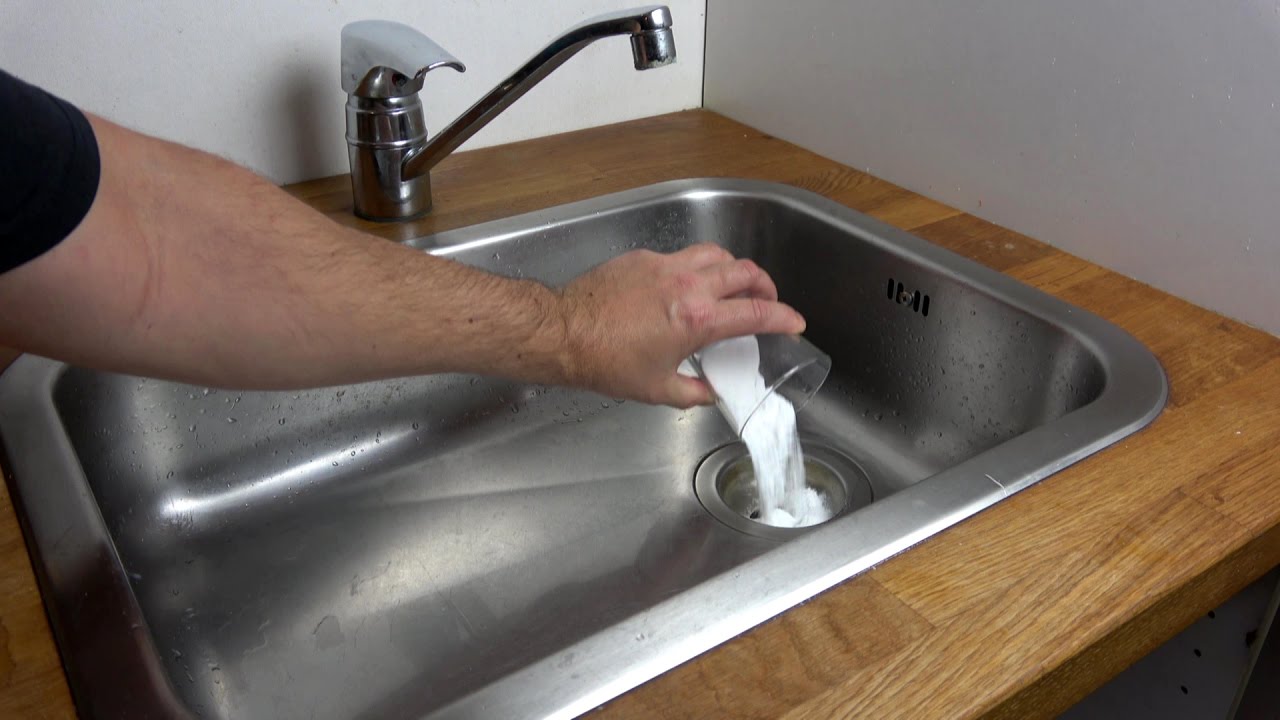

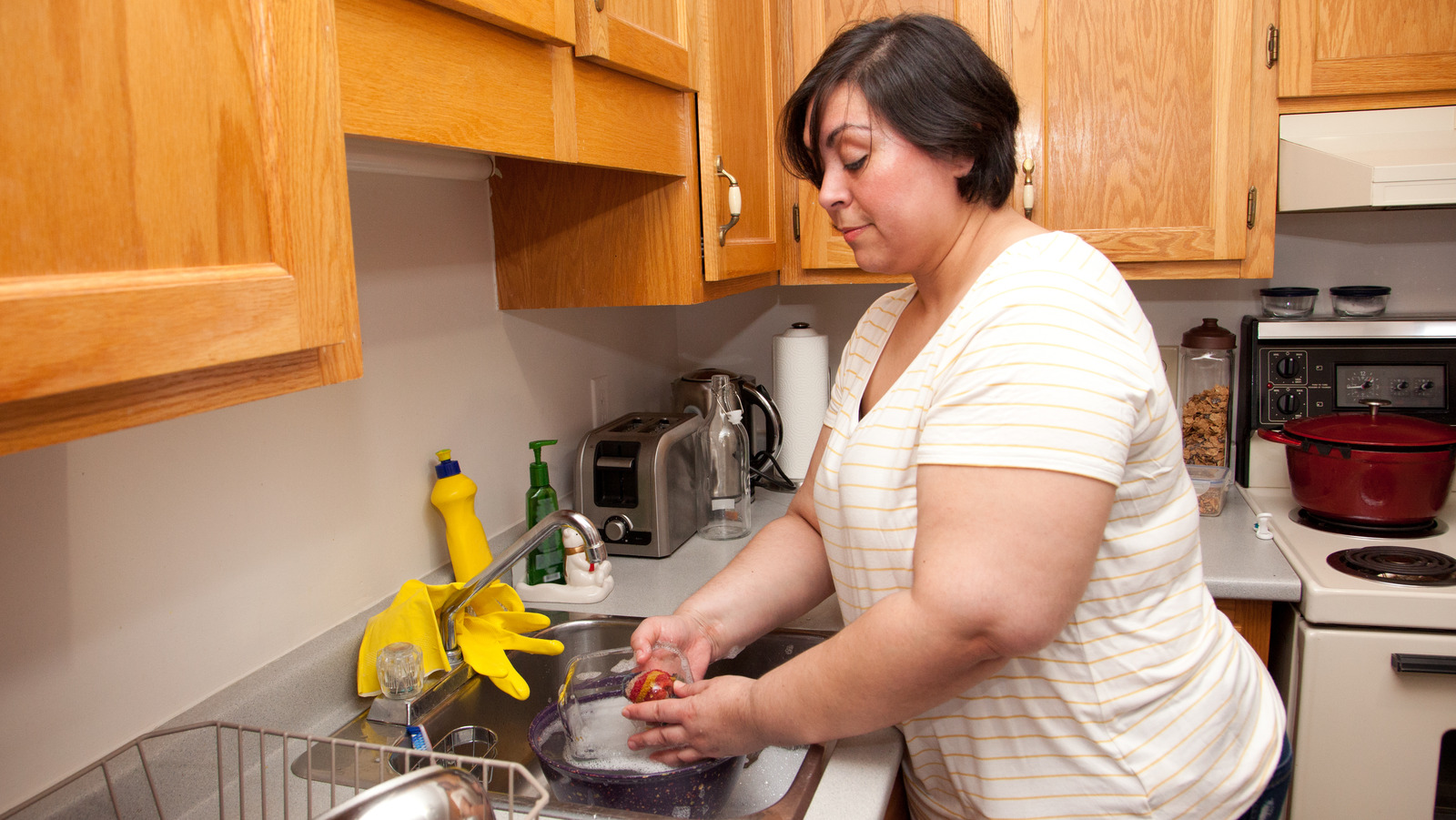



/how-to-unclog-a-kitchen-sink-2718799_sketch_FINAL-8c5caa805a69493ab22dfb537c72a1b7.png)











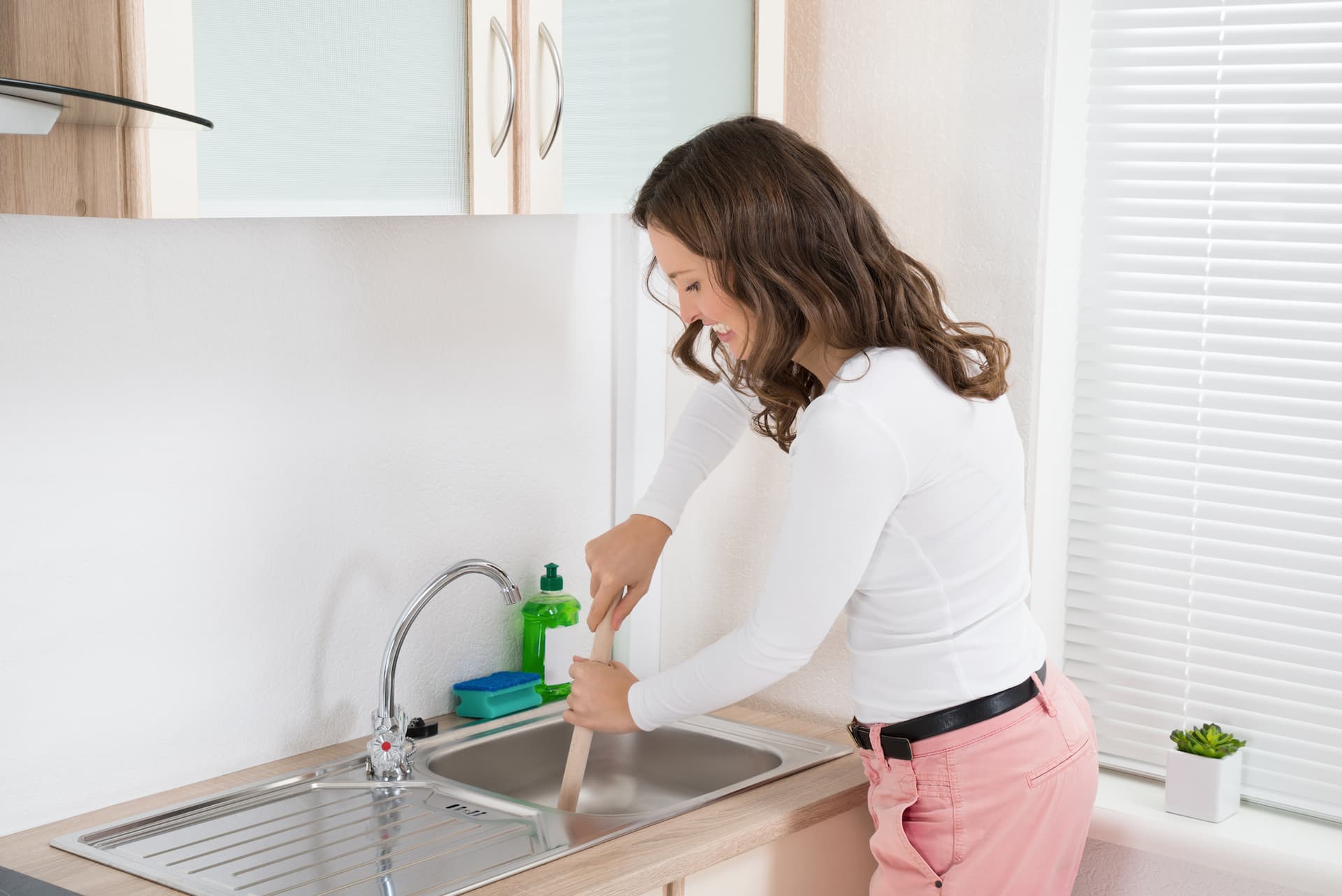




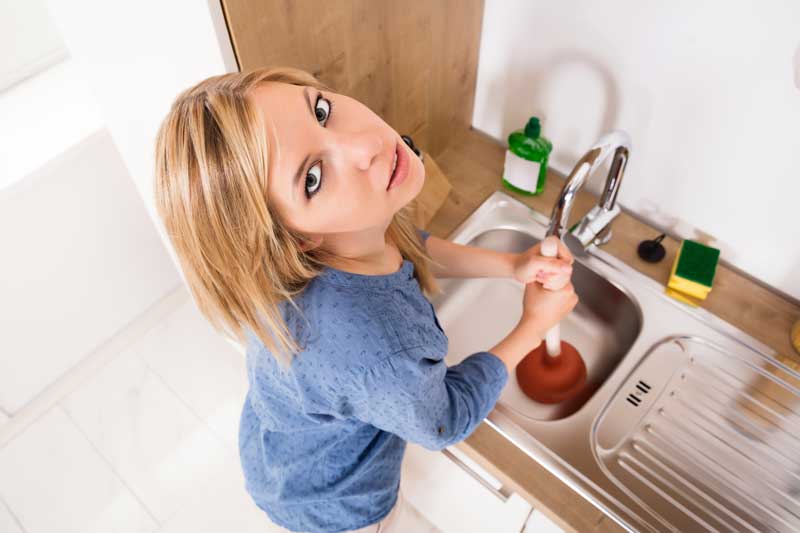
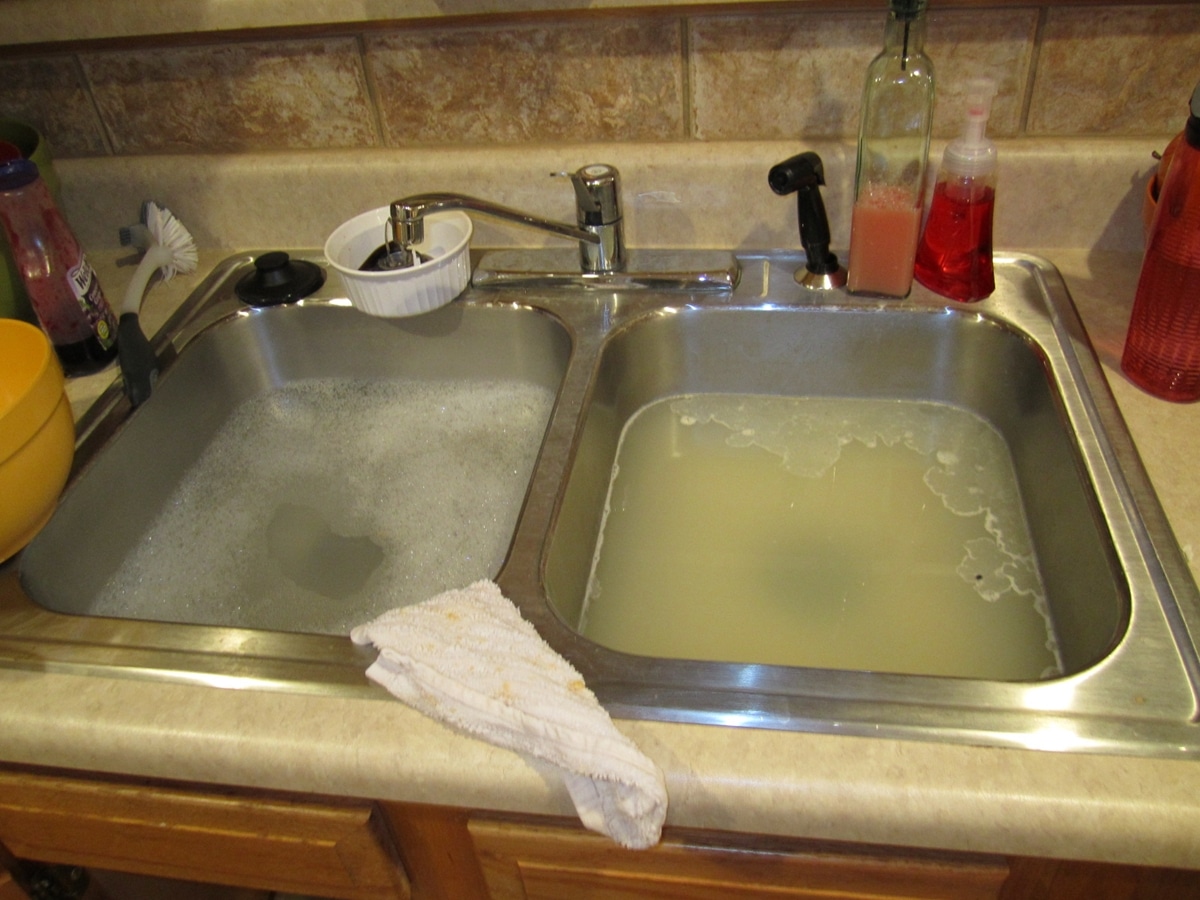










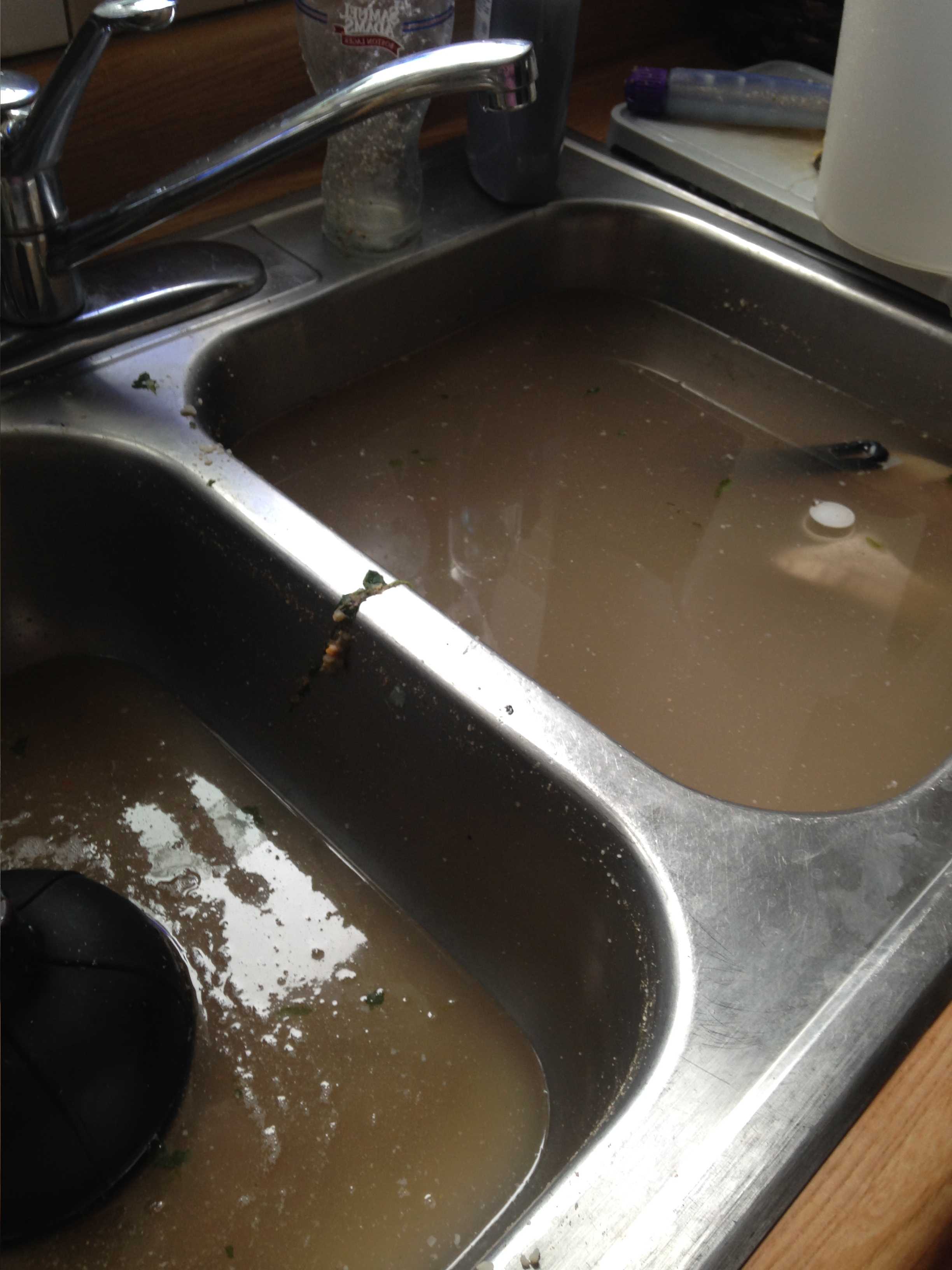


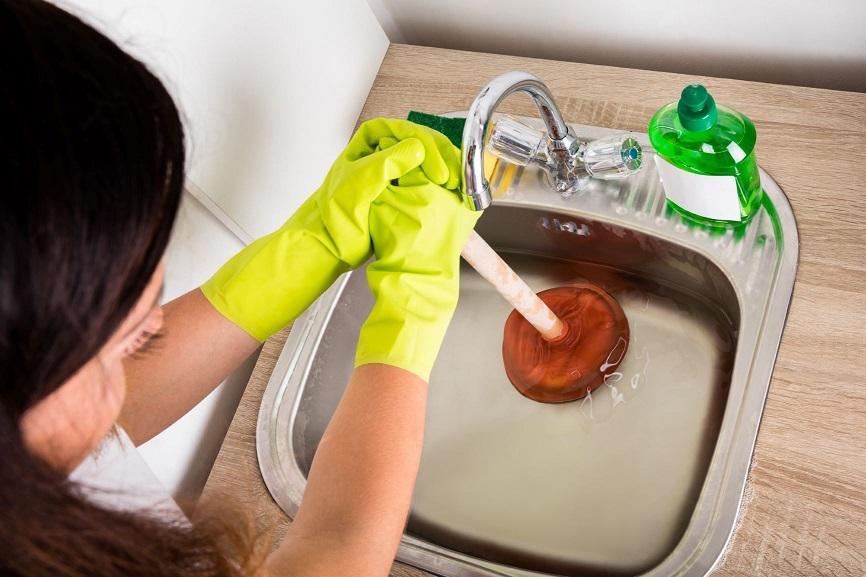
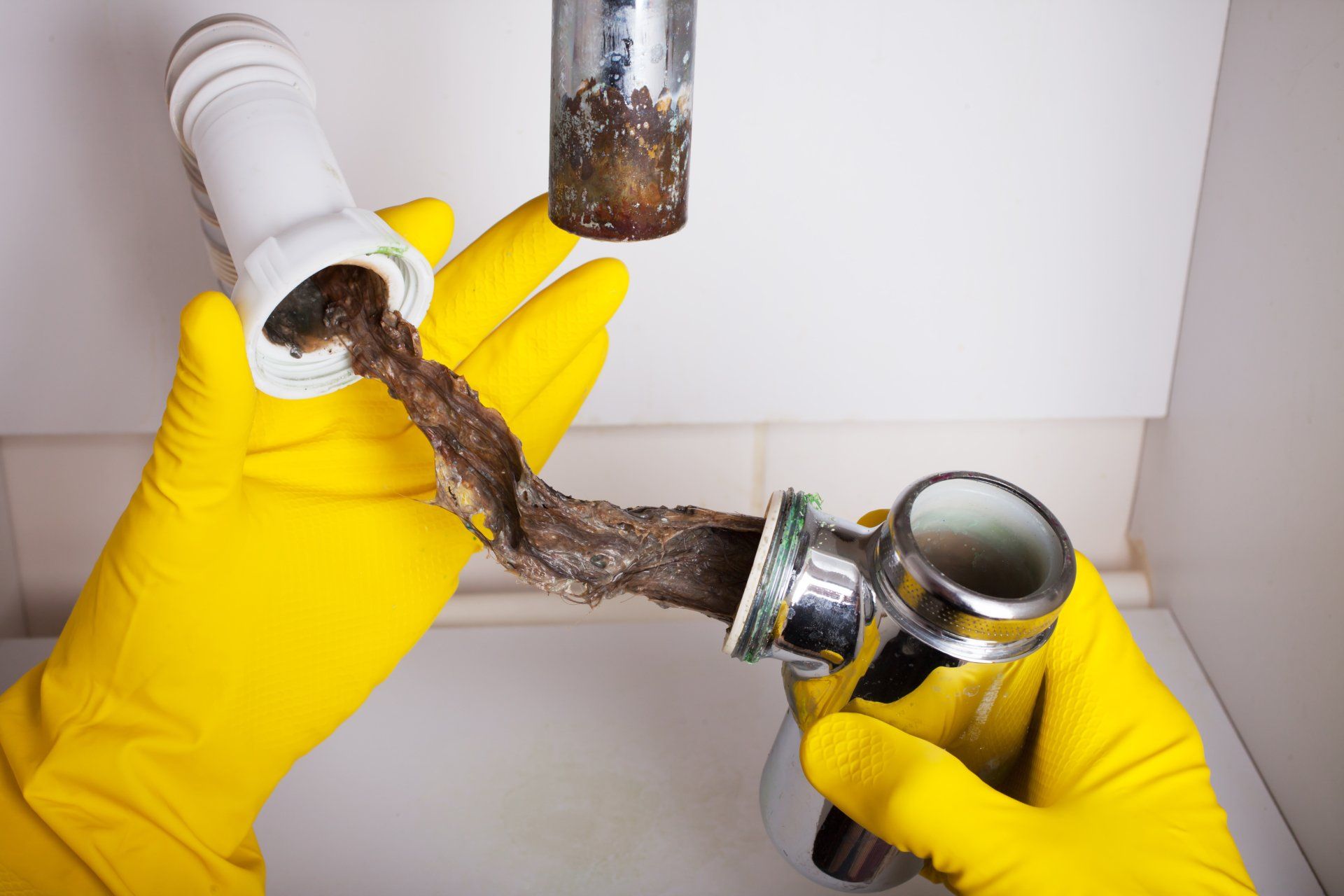

:max_bytes(150000):strip_icc()/how-to-unclog-a-kitchen-sink-2718799_sketch_FINAL-8c5caa805a69493ab22dfb537c72a1b7.png)
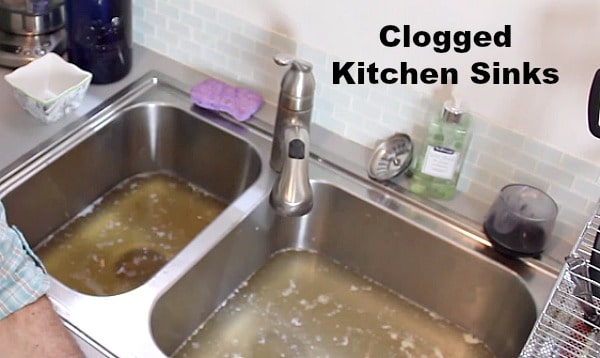


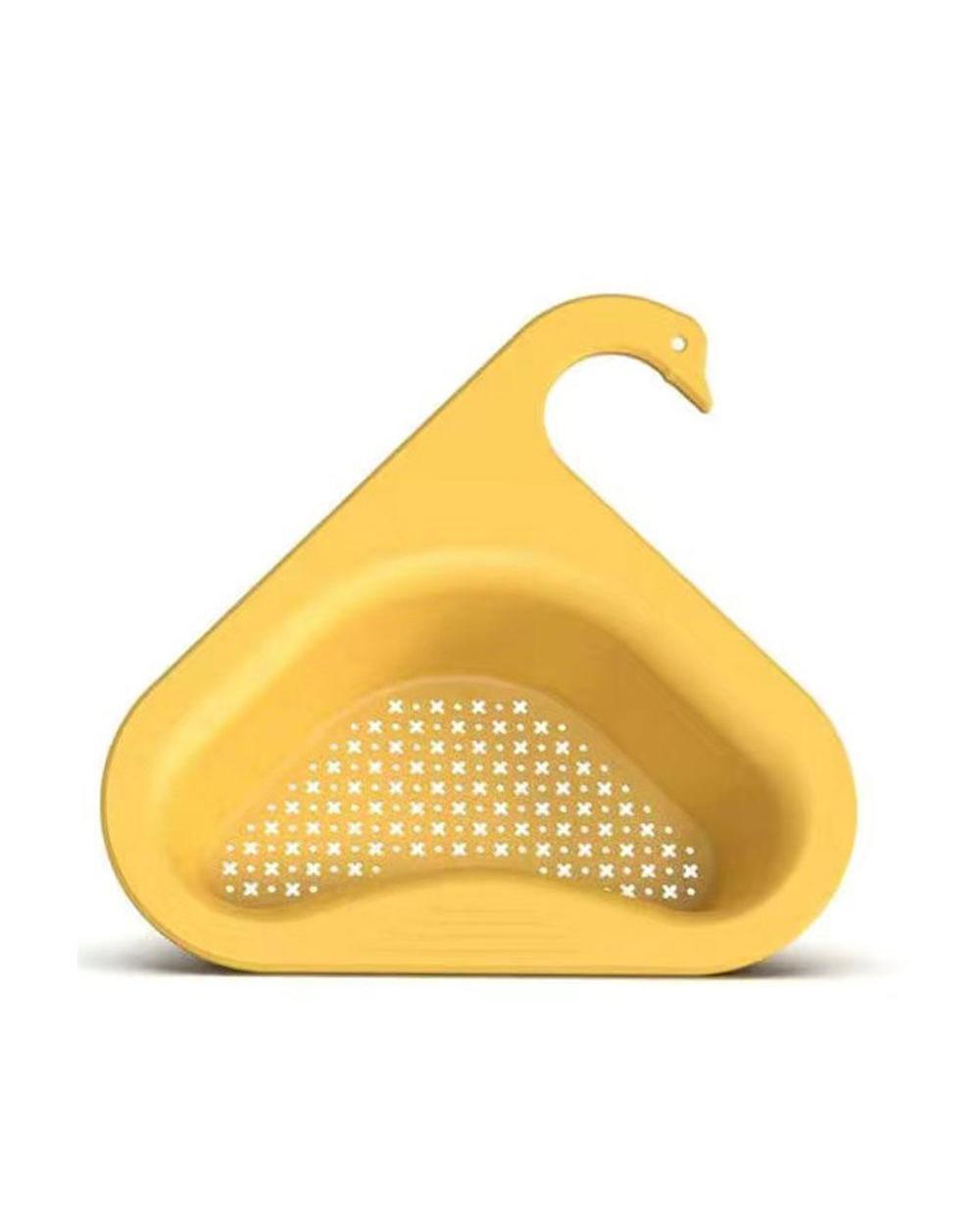


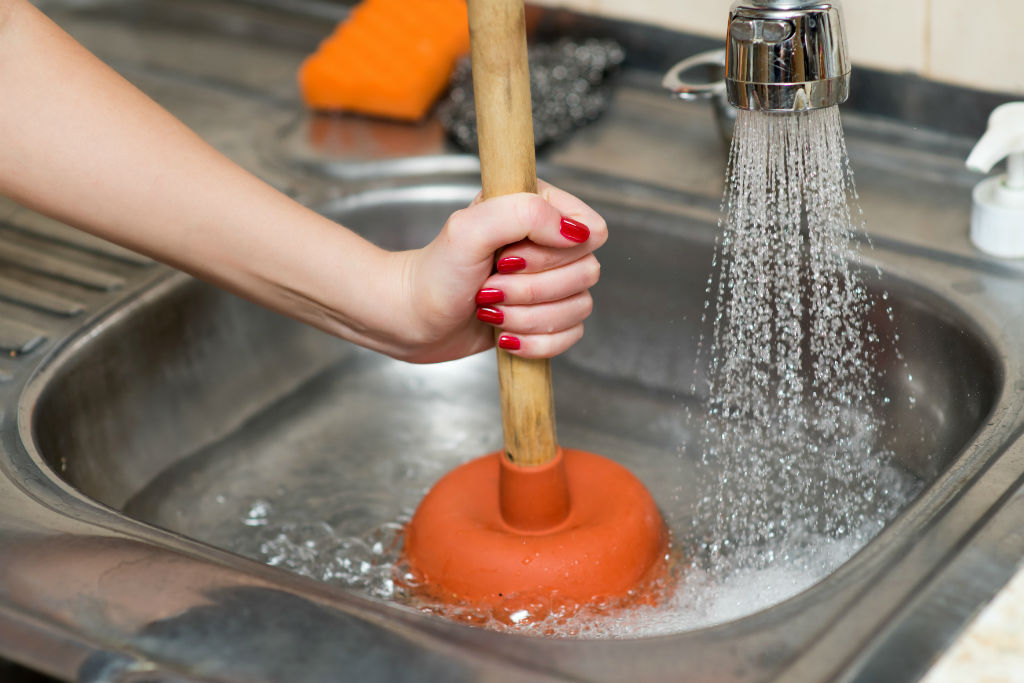
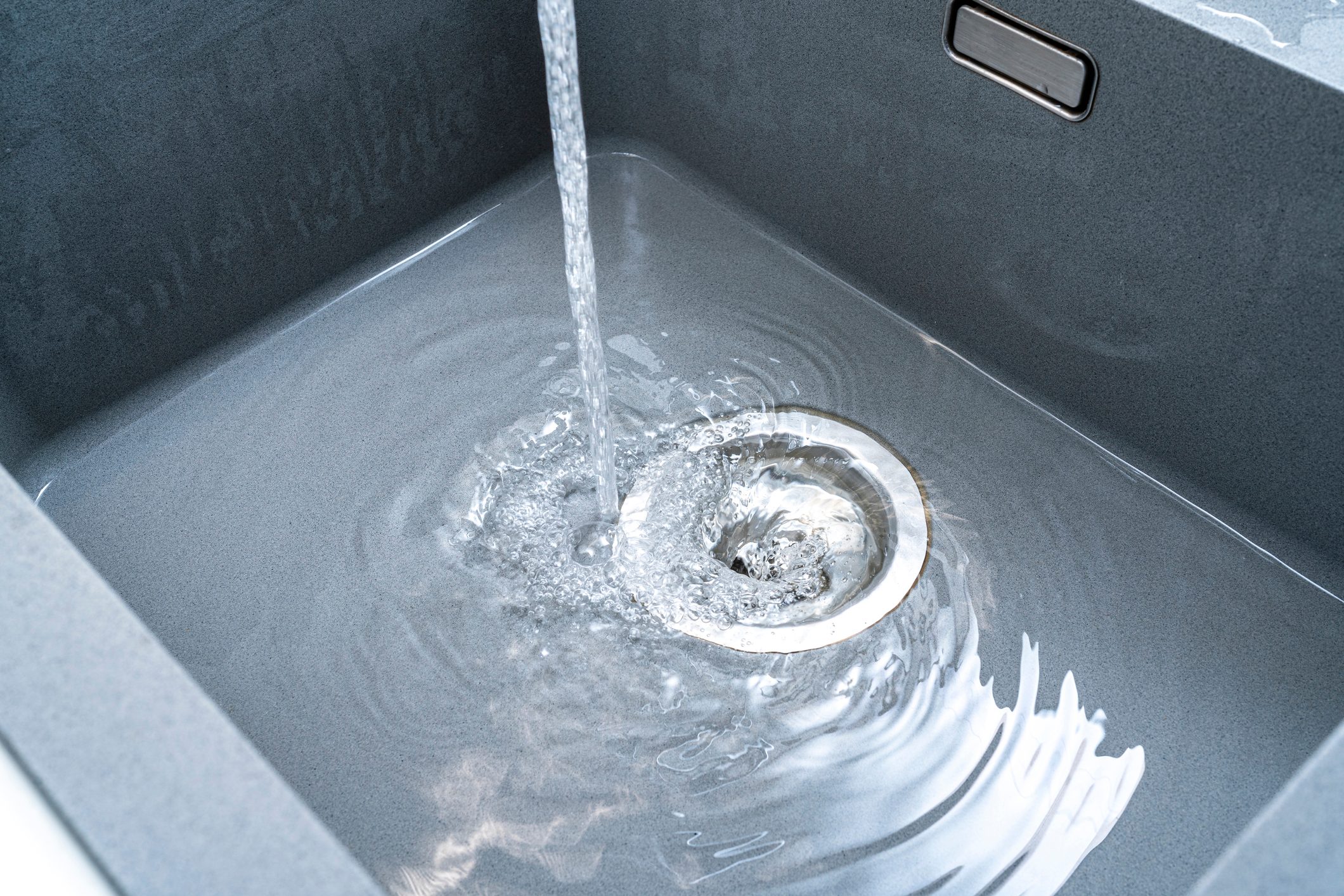



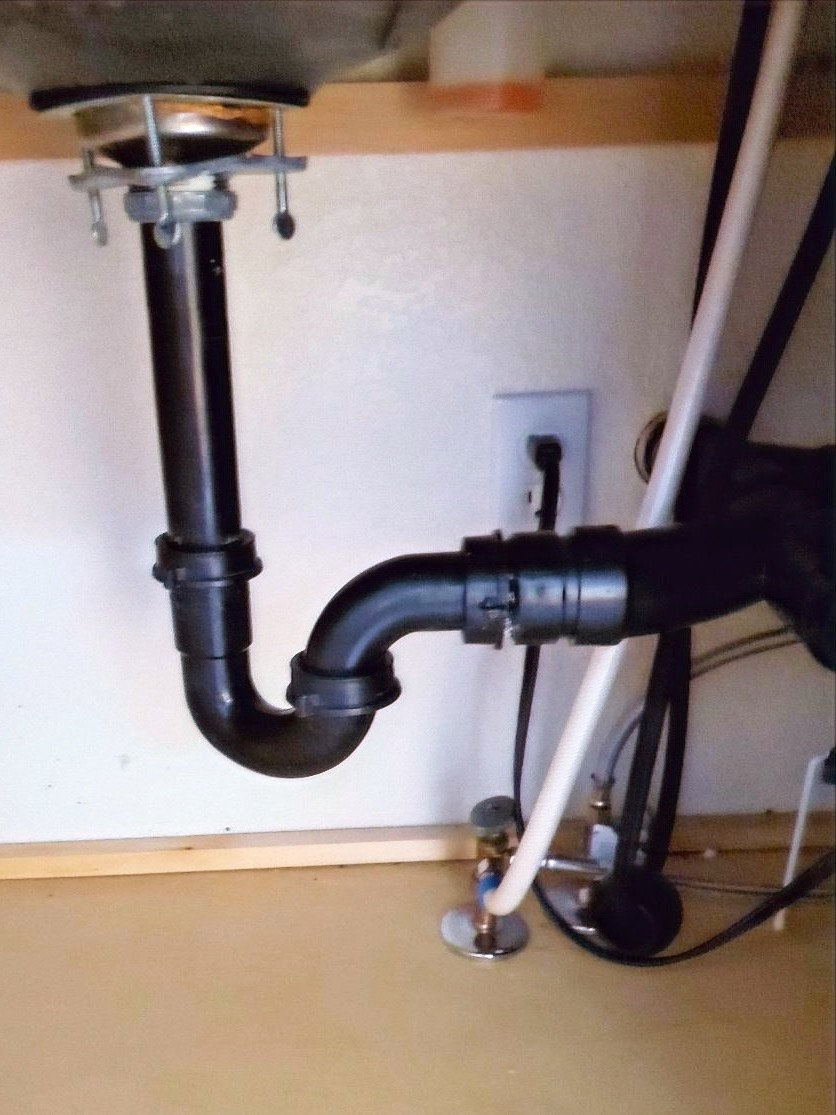





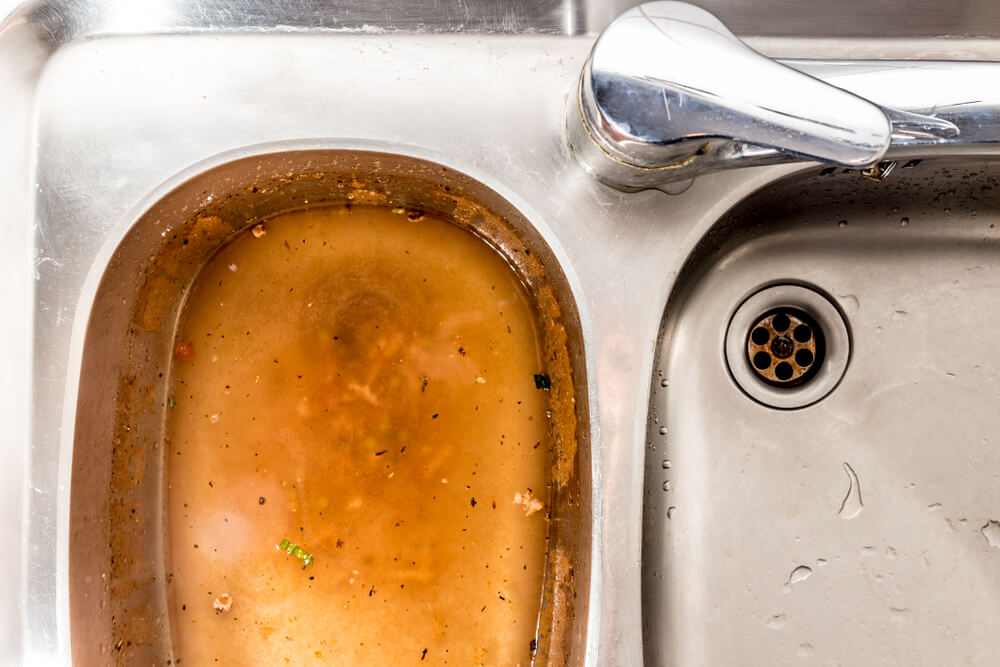

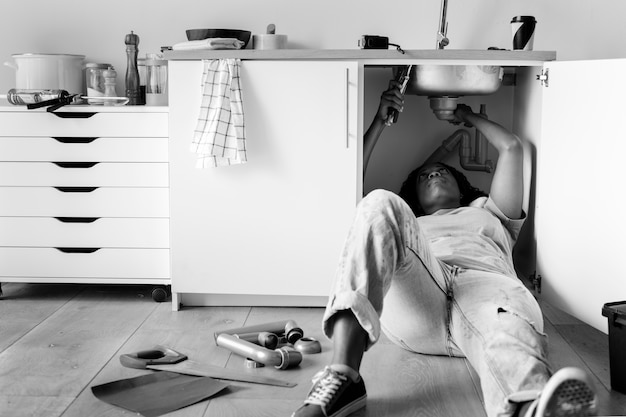






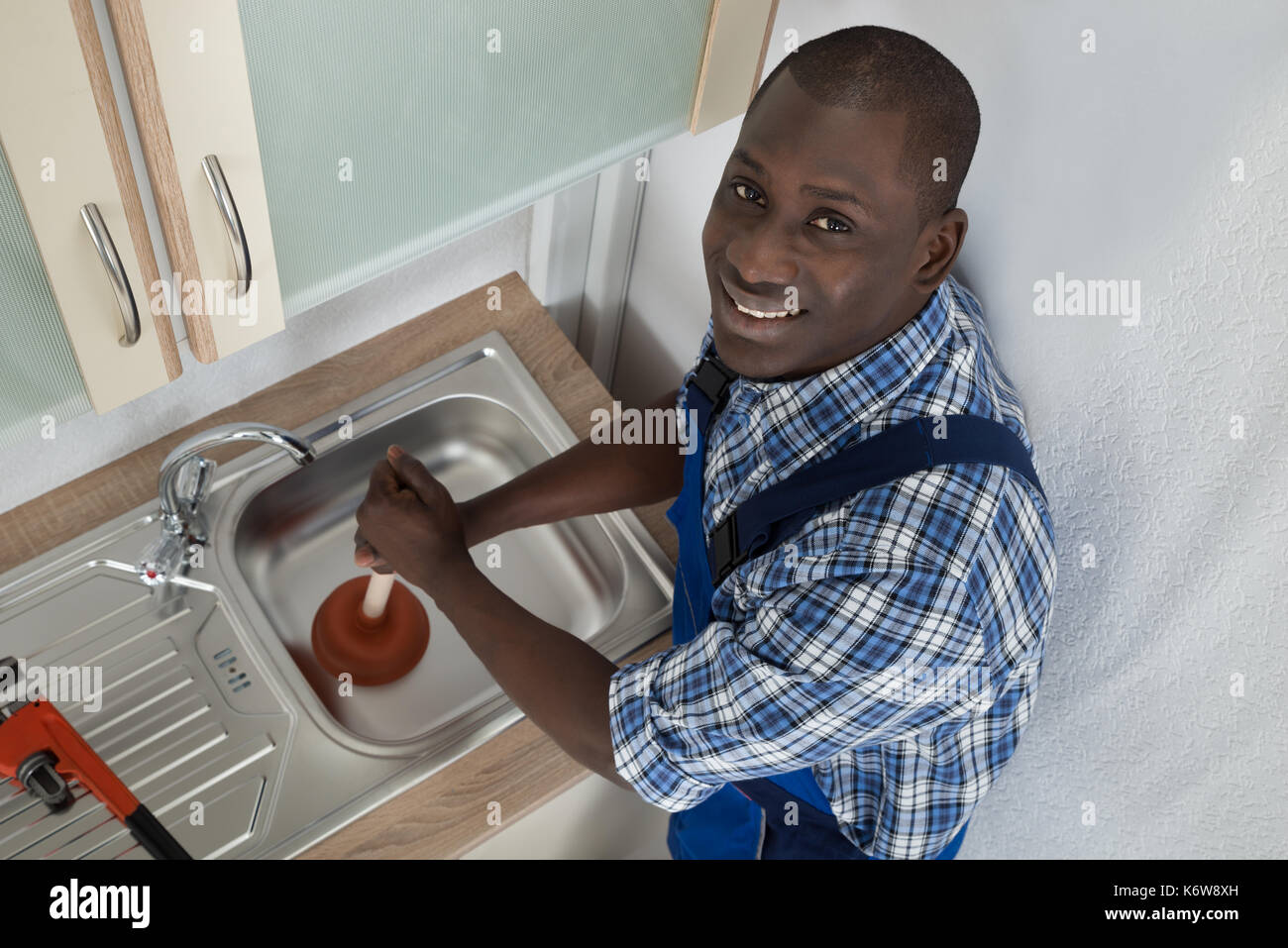





/woman-wearing-yellow-washing-up-gloves-to-unblock-sink-using-plunger-close-up-131987463-5887cfc03df78c2ccd92ec9e.jpg)

